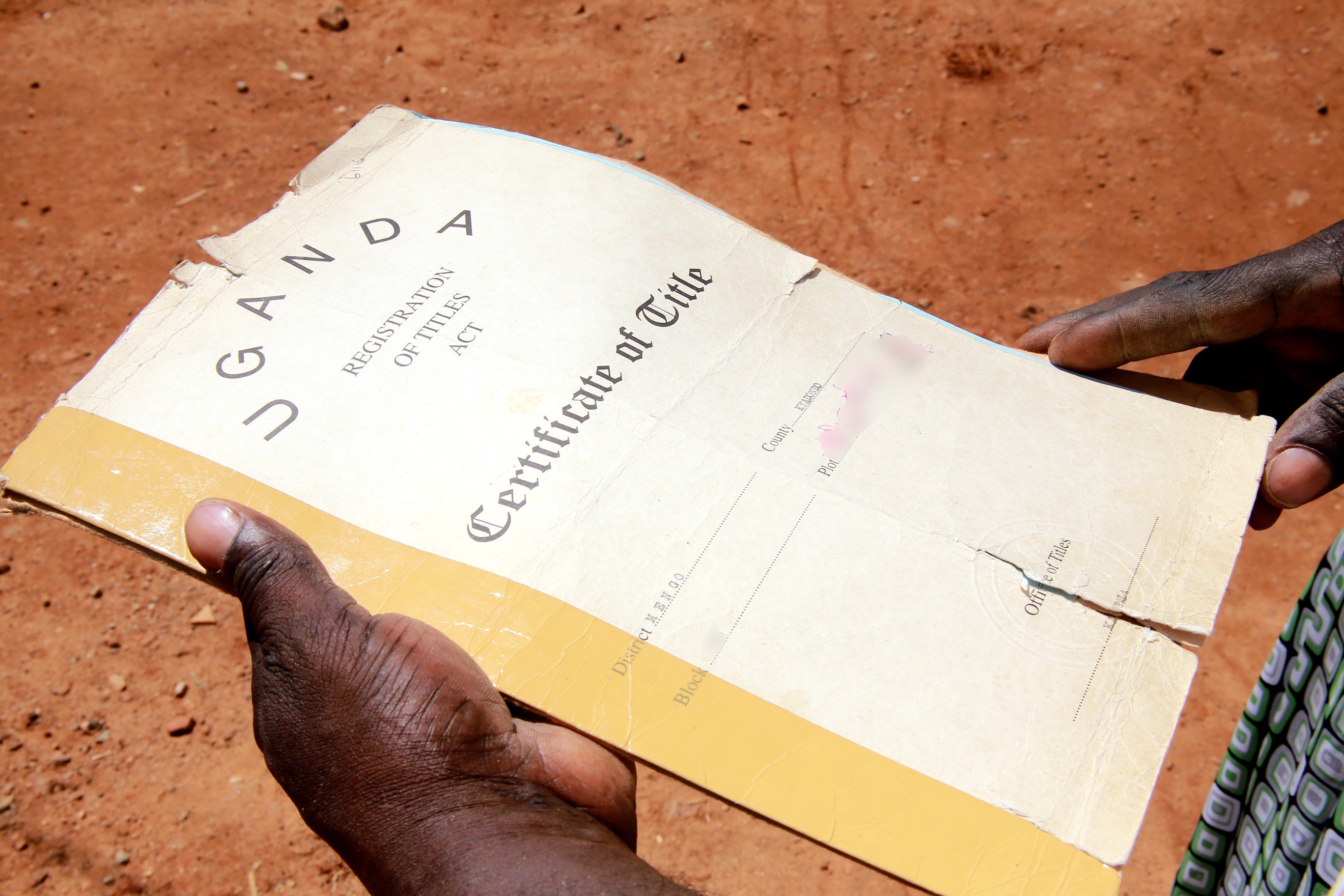Uganda needs digital divide in education sector

Amanda Liz
As we celebrated the International Literacy Day on September 8, we were reminded that our mission as a country should be for every child and youth to have the opportunity to learn how to read and write.
Investment in online learning cannot deliver this goal because of the existing digital divide.
The digital divide is the inequality in access to technology that exists between communities due to either demographic differences or geographic differences.
Uganda has the highest priced Internet in East Africa with one gigabyte costing Shs9,819, according to a study by Uganda Communication Commission (UCC).
This has worsened with the introduction of a harmonised 12 per cent excise duty on data and airtime. Public access points such as MYUG remain limited to particular streets in the central business district Kampala. Internet users stand at 12.16 million but even for some of these in areas such as Isingiro District, there is a consistent struggle with connectivity.
Access to electricity remains low at 22 per cent with supply dominant in urban and peri-urban areas in central and western Uganda. Parents and students face the difficult decision to purchase digital enabled gadgets, from pay television decoders, smart phones to computers.
According to UCC’s report, feature phones which have limited app and browsing abilities continue to rule the market at 17 million monthly users as of December 2020 compared smartphone usage at 7.9 million monthly users in the same period.
Besides, the ability for teachers and learners to use digital tools to achieve significant literacy outcomes is still wanting. This is not to say that we ignore technology-enabled literacy.
Digital learning, when accessible to everyone, offers students the opportunity to learn at any time, to discover new knowledge that is available to students in the developed world as well as enjoy customized learning experiences. Embracing these benefits is key but some youths could be left behind or even perform poorly compared to their counterparts.
A 2020 assessment report released by UWEZO Uganda on Young People’s Literacy and Numeracy Competencies Required in the Workplace and Everyday Life brought to the fore a discussion on whether school leavers are well prepared for employment.
Four out of 10 people assessed could read and interpret an official form and write a meaningful paragraph based on information provided. Less than one of 10 young people assessed attained the highest reading level or demonstrated conceptual understanding of unfamiliar texts. These could fall further behind if no action is taken.
We must ensure that every child and youth has access to the internet, its accompanying gadgets and skills. Teachers and students need to receive computer literacy skills to experience the full potential of digital learning. To avoid having non-literate youths and adults, digital skills should be introduced in children’s earlier years.
In efforts to barrage the literacy challenges, The Innovation Village is nurturing innovators working towards finding digital solutions to the sector to ensure that learners have access to study materials.
Governments must begin to view the internet as a basic need and work with private companies to deliver seamless connectivity in homes and schools at affordable costs. Players should also work with innovators to tap into the existing e-learning solutions. All these steps are critical towards reimagining the future of literacy learning and teaching.
Amanda Liz Tukwasiibwe, Innovations Manager at The Innovation Village




